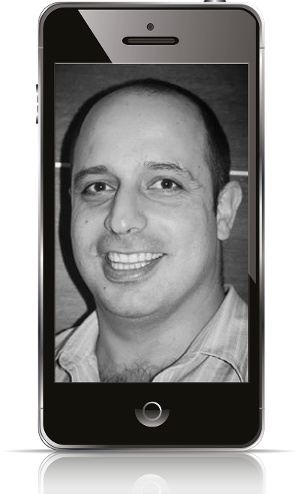Super User
Cataract Surgery
Monday, 09 December 2019 07:46Dr Kyprianou is an expert in the surgical management of cataracts. He utilises the latest surgical techniques and technologies to achieve excellent results significantly improving vision for his patients.
His current technique involves a microincision sutureless approach which when combined with modern intra-ocular lens technology achieves excellents results in visual acuity improvement for patients.
Many people consider poor vision an inevitable fact of aging, but cataract surgery is a simple, relatively painless procedure to regain vision.
During surgery, the surgeon will remove your clouded lens and in most cases replace it with a clear, plastic intraocular lens (IOL).
Cataract surgery is very successful in restoring vision. Nine out of 10 people who have cataract surgery regain very good vision, somewhere between 20/20 and 20/40.
Are there any risks of cosmetic surgery?
Wednesday, 04 July 2018 08:51Cosmetic surgery is real surgery and therefore, it involves some degree of risk. Fortunately, complications are seldom and are usually correctable. You can minimize your risks and potential complications by strictly adhering to your doctor's instructions for preparing for surgery and for caring for yourself post-operatively.
How long before I can go back to work?
Wednesday, 04 July 2018 08:51Although recovery time varies widely depending on the surgery and your own body's ability to heal, most cosmetic surgery patients can return to light activity within three to ten days.
What can I do to prepare for surgery?
Wednesday, 04 July 2018 08:50If you smoke or use any form of nicotine, stop now. Eat well-balanced meals and drink at least 32 ounces of water a day. Get plenty of sleep and exercise and consider taking a multi-vitamin supplement. Three weeks before surgery, stop all vitamin E, aspirin, ibuprofen and other over-the-counter blood thinners. You may continue taking Tylenol. (If you are taking Coumadin or other prescription medications, do not stop your medication without consulting with your physician). Many herbal supplements such as Gingko, Ginseng and Garlic also promote bleeding and may interfere with anesthesia. Please inquire for more detailed information.
What are the risks of eyelid surgery?
Wednesday, 04 July 2018 08:50Eyelid surgery by an unqualified professional can lead to an inability to close your eyes after surgery, the appearance of a different person, visible scar and loss of vision from damage to the eye.
Will eyelid surgery affect my dry eyes?
Wednesday, 04 July 2018 08:49In addition to framing the beauty of your eyes, the eyelids play a large role in maintaining eye moisture and comfort. When done improperly, eyelid surgery can disrupt the natural ability to blink, leading to increased tear loss. An incomplete or weak blink inhibits the eyelids from appropriately holding moisture on the eye surface.
Additionally, a weaker blink may decrease the protective oil layer produced by eyelid glands leading to early tear evaporation. To minimize the risk of post-operative dry eye, your surgeon should perform tear film studies pre-operatively to understand the level of eyelid surgery that is safe for you.
How long is the recovery for eyelid surgery?
Wednesday, 04 July 2018 08:49Fortunately, eyelid surgery is relatively minor and most patients are able to continue their activities of daily living. Typically, patients should take 5-7 days to recover immediately after surgery. Each patient may have different degrees of swelling, bruising, bleeding and some blurry vision. To maximize wound healing, it is recommended to avoid make-up near the operative site and excessive UV sun exposure for at least 2 weeks.


 Dr Kyprianou is the author of 25 peer reviewed publications in international journals and regularly presents at national and international meetings.
Dr Kyprianou is the author of 25 peer reviewed publications in international journals and regularly presents at national and international meetings.